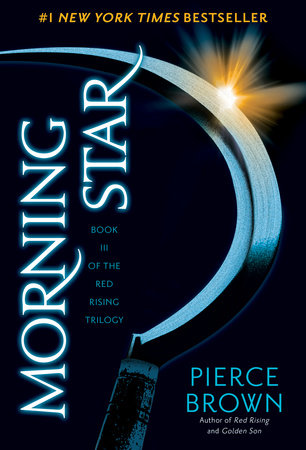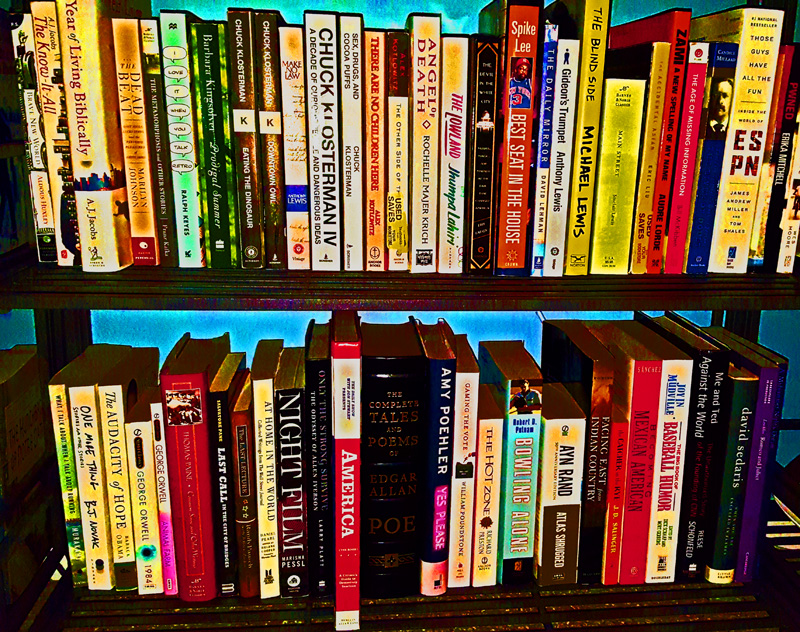Somehow I only posted one time in March. Whoops. Expect much more from April, which technically could be like three posts, but hopefully many more.
One that I could have done last month was posting about Pierce Brown’s “Morning Star,” the third book in the fantastic Red Rising series. If you haven’t read any of them, I insist you immediately reevaluate your life choices and then start.
The series follows Darrow, a young guy born in the depths of Mars whose future under a solar empire is to mine for an unfair system that places him at the bottom of society. It is his wife, Eo, in the first book who inspires him to fight back, urging him to “break the chains.”

By the time we get to Morning Star, a lot of stuff has happened, and Darrow finds himself standing next to his friend and chief psychopath Sevro, looking down upon a sea of refugees who have sought safety under the Martian surface. Darrow observes they are a group of people who are not living, but “just trying to postpone the end.”
“This is not what Eo wanted,” I say.
“Yeah…well.” Sevro shrugs. “Dreaming’s easy. War isn’t.”
What Darrow is fighting is a system that puts people in castes delineated by colors with Gold ruling everyone. There are plenty of Golds who are elite fighters but also many who exist as an aristocratic class unaccustomed to having things not go their way. That is very evident when Darrow and his peeps launch attacks and the non-fighters run for the hills.
“But entitlement and chaos are a poor mix. Mania grips these fleeing Golds.”
Chaos is a Pierce Brown specialty. I highlighted the first line of chapter 55, which is Darrow talking to Sevro, but also serves as my general impression of the author:
“You’re bloodydamn manic.”
His style is consistent throughout the three books, but I think more so in Morning Star than the others does he lull you into thinking you know what’s going to happen and then the next paragraph makes you say, “um…WHAT?!”
Right around the book’s launch he did a Q&A session I saw on YouTube where he described how those moments come to be, mainly when he gets bored with writing and needs a shakeup for himself.
“If you start seeing convention or a familiar trope with my stories, my single answer to it is to create chaos,” he said. “And I do that because what it does is it shakes up and fractures every single plot line you think you know and allows me to basically set up a new game with the same pieces and that’s a lot of fun to do.”
I watched that shortly after starting the book, so maybe I was looking more for those moments than before, but you can feel them…and then tweet about them to your friends who are reading along with you:
@cjhannas wherewherewhere?!— Brooke Shelby (@txtingmrdarcy) March 10, 2016
Darrow grows up a lot in this book. He’s been fighting this battle for a few years, lost many friends along the way and had his own life and perceptions shattered and changed. The result is that he fights, but with a new sort of wisdom.
“I realized as I was talking that justice isn’t about fixing the past, it’s about fixing the future,” he says. “We’re not fighting for the dead. We’re fighting for the living.”
